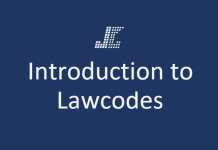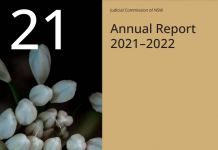Update 23 of the Sexual Assault Trials Handbook includes:
[1-040] Meaning of “consent”
Following the commencement of the relevant provisions of the Criminal Legislation Amendment (Child Sexual Abuse) Act 2018, which introduced a new consent provision, s 61HE into the Crimes Act 1900, a brief legislative history of the consent provisions has been included in the Handbook.
[6-000] Recent Cases
Director of Public Prosecutions (NSW) v RDT [2018] NSWCCA 293 has been added where error was found as the trial judge relied on the dissenting reasons in McPhillamy v R [2017] NSWCCA, rather than applying High Court authority including Hughes v The Queen (2017) 92 ALJR 52 regarding the admissibility of tendency evidence in child sexual assault offences.
PPC v Stylianou [2018] NSWCCA 300 regarding the sexual assault communications privilege has been added. This clarifies that a judge is not precluded from exercising independent discretion when determining whether to grant access to protected confidence documents where another judge previously granted leave for subpoena to produce protected confidence documents.
Dawkins v R [2018] NSWCCA 278 has been added where error was found as the trial judge’s findings regarding objective seriousness and aggravating circumstances of sexual intercourse prescribed by s 66C(5) of the Crimes Act 1900 were not reasonably open.
An historical indecent assault matter, SY v R [2018] NSWCCA 6 has been added. The parties had agreed that there was no obligation on the part of the applicant’s lawyers to challenge the complainant’s honesty and credibility without precluding the applicant arguing that the events complained of did not occur. In the face of that agreement, the trial judge raised for the jury matters beyond the issues upon which the trial was being conducted and effectively drew the jury’s attention to the credibility of the complainant’s evidence in a manner detrimental to the applicant.
[9-000] Sexual assault communications privilege
A new section has been added on the sexual assault communications privilege. This section outlines the legislative reform from the introduction of the privilege into the Evidence Act 1995 in January 1998, to the current provisions in Pt 5, Div 2 of the Criminal Procedure Act 1986 (NSW), defines a protected confidence, and outlines the scope and purpose of the privilege, including relevant case law.










